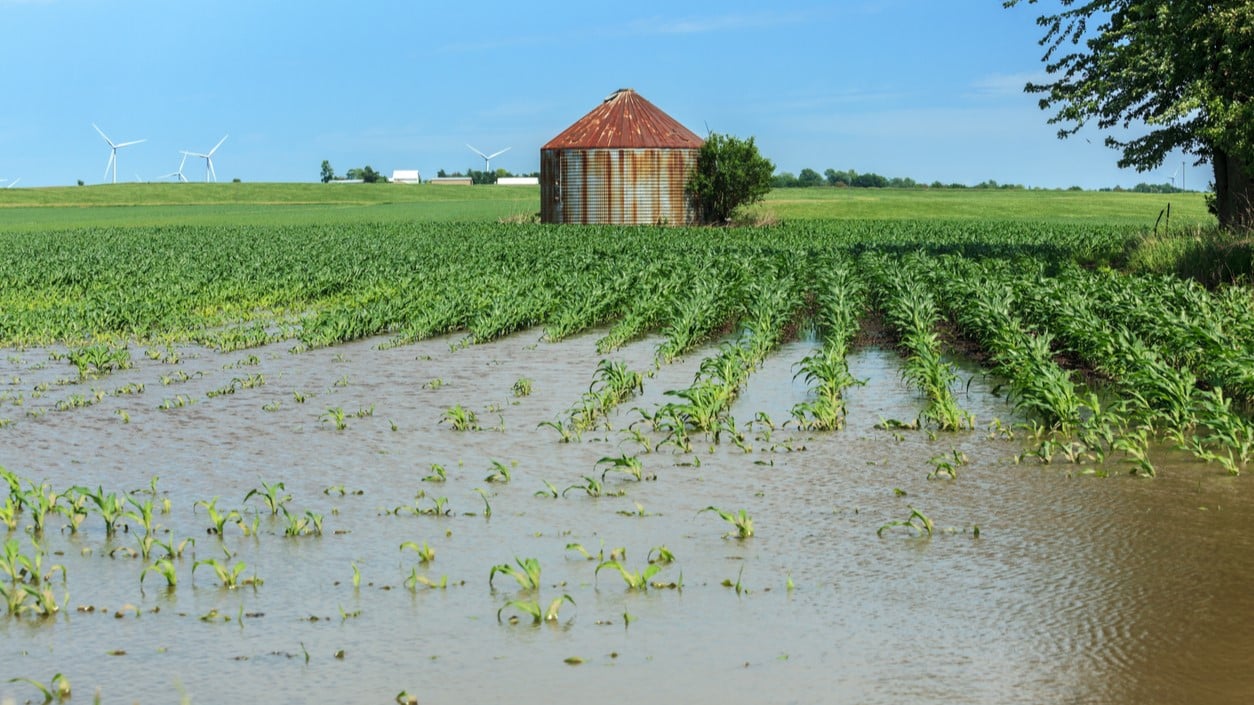How Global Warming and Climate Change Will Impact Food Safety
Climate change is here and already having a major impact on the economy, government policy, health, and agriculture. Rising global temperatures and increasing extreme weather events won’t just disrupt the food supply chain — they directly threaten food safety in the food and beverage manufacturing sector. Even in the face of this global challenge, strong food safety leaders can take action to protect supply chains and consumer health.
Here’s a look at the challenges that experts are predicting — and what manufacturers can do to mitigate risks.
The New Food Safety Threats From Climate Change
Climate change is impacting the entire food supply chain, giving rise to new challenges and impeding responses to existing risks. Climate scientists are expecting:
Increased Risk of Foodborne Illnesses
A study by Ohio State University found that global warming will enhance growth conditions for bacteria, fungi, protozoa, and other microorganisms that threaten food safety, increasing the risk of contamination and foodborne illnesses. More frequent heat waves will also strain manufacturers’ efforts to maintain the perishables cold chain during product transport and storage, increasing chances for spoilage and pathogen growth.
New Pathogenic Threats
Changing weather patterns will also introduce new pathogenic threats to regions unprepared to deal with them. As temperatures warm, disease-carrying insects may migrate and gain access to whole new populations of livestock that lack immunity to these unfamiliar pathogens. If these new diseases wreak havoc on livestock, it could undermine the livelihood of farmers and undermine existing food safety systems and protocols, giving rise to threats that directly impact human health.
Food Safety Infrastructure Disruption
Extreme weather events could also hinder the food safety systems we currently have in place. Researchers at Tufts University point out that heat waves, extreme storms, and wildfires could cause power outages, leaving ingredients and food products without refrigeration and the climate control necessary to prevent spoilage. In fact, power outages caused by extreme weather events have already doubled in severity and frequency over the last few decades, making these risks a present day reality. Extreme weather events can also disrupt transport routes and slow down supply chain speed, leaving shelves empty and threatening overall food security.
How Food Safety Leaders Can Stay Ahead of Climate Change
Despite these current and emerging challenges, food and beverage manufacturers have a lot of strategies and tools available to mitigate risks and protect the food supply chain. Here are five tips for getting your operation climate change-ready:
- Conduct Climate Change Strategy and Scenario Risk Assessments
The scale and scope of climate change impact can be overwhelming, but risks are possible to predict and plan for. Work with your internal stakeholders, suppliers, and third-party experts to explore climate change projections and develop a range of scenarios most likely to impact your business. Pay special attention to factors that directly impact food safety, such as sea-level rise, temperature changes, and the type and frequency of extreme weather events. - Develop Crisis Management and Continuity Plans
Next, explore how each of the climate change scenarios you’ve developed could impact food safety operations, worker availability, supply chains, and assets. Develop detailed response plans to follow in each scenario, going into detail about how to address crises like facility flooding or power outages. - Invest In Asset Protection
Determine what type of impact climate change might have on your facilities. Can your building withstand flooding? Is your space equipped to handle extreme temperatures? Invest in adaptive upgrades that can help your operation withstand the challenges of different climate change scenarios. Consider additional insurance policies that cover damages from different scenarios as well, so that if damages do occur, you can access funds quickly to make repairs and keep your operation on track. - Engage Suppliers in Capacity Building
No business in the food and beverage industry is an island, so your preparations and planning will be undermined if all of your suppliers are vulnerable. Share your knowledge, insight, and capabilities with partners to help them improve their resilience in the face of extreme weather events and other climate change scenarios. Not only will this prevent or minimize future disruption, it will strengthen your relationship. - Stay Up-to-Date on Climate Change Food Safety Challenges
The scientific community is constantly releasing new research on the projected impact of climate change — helping industry stakeholders find solutions to some of the most pressing challenges. Monitor the news to stay informed about the latest developments, or leverage third-party experts to develop effective and comprehensive risk mitigation strategies.
Stay Ahead of Food Safety Challenges With AIB International
In our increasingly connected food supply chain, it’s impossible to maintain the rigorous standards that keep the world’s food safe without good faith support and international cooperation — even when it comes to information sharing and education. To overcome the global food safety challenges inherent in climate change, it’s critical to leverage the insight of experienced and trusted experts.
AIB International has over a century of experience helping food and beverage companies navigate the ever-evolving challenges of food safety, and is on the front lines of helping organizations adapt to longstanding and emerging food safety challenges. Sign up for our newsletter to stay informed on the latest developments in the industry.


